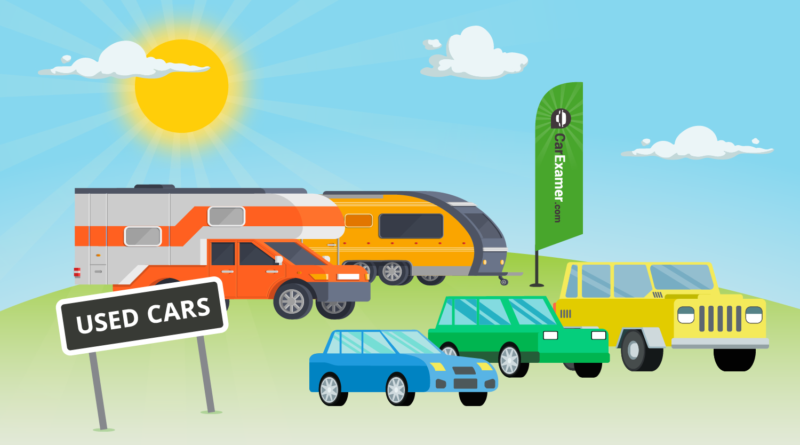Superstores rely on Larger Leasing Companies for wholesale Market
Lets look in this article how turbulent market affects Superstores that rely on Larger Leasing Companies for wholesale Market. While constrained supply will persist for many months, it will end and a balance will re-establish between used car suppliers and used car retailers. It’s a seller’s market. The Covid-crisis and silicon chip shortage has sharply curtailed new car supply pushing used car prices to unprecedented levels. But, while constrained supply will persist for many months, it will end and a balance will re-establish between used car suppliers and used car retailers.
In de-fleeting used stock, daily rental and leasing companies have oft-dabbled in “direct-to-consumer” business models with mixed-results. Here in the UK, LeasePlan’s “CarNext” was the latest venture to fall short of expectations.
In contrast, the arguably more successful large-scale suppliers respect the core resources of key retail partners and realise more consistent “market” residuals via more effective stocking relationships. Car inspection differences.
The rise of used car superstores is increasing the “professionalism” with which vehicles move from trade sellers to individual consumers. They succeed by enhancing the on-line and on-forecourt presentation of larger selections of:
- In-demand vehicles
- In reliably “retail ready” condition
- At attractive “no haggle” prices with available finance.
Franchised and independent superstores achieve profitability by operating at scale. Their reliance on effective stocking relationships
Dealer Stocking – Average annual new car sales of about 2.5 million cars (excepting the pandemic impacted 2020) drives annual supply of about 2 million used cars of under 5-years.
The top 200 dealer groups sell something like 20% of all used cars and most of those under 5-years. As sketched at right, the used car operations of franchised dealers (lower left) enjoy “first-crack” at the better cars retained in stock from part-exchange and manufacturers’ fleet “buy-back” programs.
This “direct to dealer” channel satisfies about 2/3 of the franchised dealers’ requirement leaving about 500 thousand cars worth of “excess” demand. Their “battle” then is with superstores and independents (and their own 500 thousand car demand) to source about 1 million cars from a market supply of about 1.2 million cars.
The larger leasing companies (often referred to as the FN50) are an important supplier to the market. All-in, they put about 500 thousand “risk” cars (i.e. cars not covered by manufacturers’ programs) through the market.
The table below provides some insight. After removing demand satisfied by the “direct to dealer” channel, the total “excess” demand of the largest 20 franchised dealers and superstores is about 400 thousand. Correspondingly, supply presented by the largest 20 largest lessors is about 450 thousand.
This isn’t just a “connect-the-dots” exercise though and special pre-existing relationships exist throughout.
- Motorpoint, which specialises in nearly-new vehicles (generally under 2-years-old) largely secures stock from the daily rental sector (not shown above).
- Cinch, likely enjoys an advantaged relationship with both Lex (who principally re-market through Cinch’s sister company BCA) and Leaseplan (who are largely co-owned by Cinch’s parent company TDR Capital).
- Available Car specialises in somewhat older cars while Cazoo focusses on generally younger stock.
Conclusion – The evolution of more efficient used car superstores increases the criticality of their stocking efforts. Like the FN50, they share a mandate for a more reliable wholesale stocking market, moving vehicles more effectively and always at the “market” price. Once the current new car supply imbalance passes, both wholesale sellers and buyers will require more rational re-marketing relationships.
This content is reposted from an article on LinkedIn by Alex Georgianna and can be read here.
Buying a used VW. Buying used vauxhall, BMW, Jaguar, Ford, Volvo, Range rover, Bentley, Aston Martin, Porsche, Ferrari, Lamborghini, Maserati, Hyundai, Tesla, Honda, Pagani

